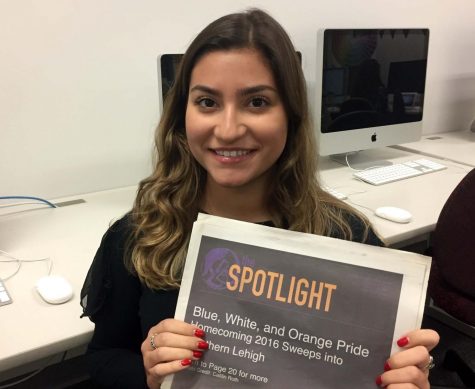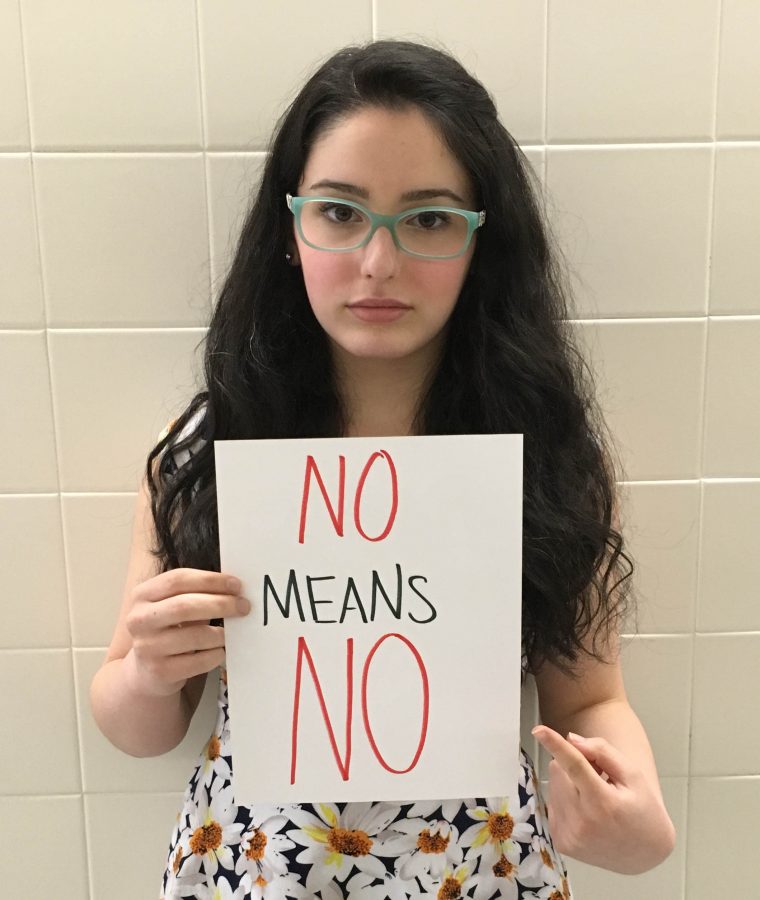Creating Campus Consent
“If they accept you, don’t accept this. Demand accountability from your college” (Don’t Rape Educate).
Seniors, you’ve gotten your acceptance letter, registered for classes, and ordered your books. Now all that is left is to ensure your college provides protection for sexual assault victims. Making sure your university will enforce consent and sexual assault education should be a priority for all seniors entering secondary education, especially considering the rates at which sexual assault occurs on college campuses.
Consent is as easy as understanding that “yes” means yes and “no” means no. Despite this, according to the New York Times and the Rape, Abuse, & Incest National Network, 25 percent of women and three percent of men will experience rape or attempted rape in their lifetime. While the statistic is intimidating, it is important for seniors to note that in college, their chance of being assaulted is even higher. The National Sexual Violence Resource Center states that one in five women and one in sixteen men will be sexually assaulted during their college experience.
These statistics prove that sexual assault on college campuses is common and a rising issue. Considering this, it is necessary for seniors to research their school to ensure victim protection in sexual assault battles.
It is important to understand that sexual assault on campus has not always been so common. Unwanted sexual assault has risen 50 percent in the last three years according to The Washington Post. Note that this statistic fails to account for the estimated 80 percent of sexual assaults that go unreported according to the Department of Justice.
College negligence to prioritize on-campus assault can be somewhat attributed to the involvement of alcohol at the time of the attack. Because USA Today reports that 89 percent of sexual assaults on campus include the consumption of alcohol, establishing whether or not the victim consented to the sexual activity can be arguably undeterminable. This causes many cases to be dismissed by colleges, which leaves the victim without justice and the attacker without consequences.
“Despite federal laws created to protect students, colleges and universities have failed to protect women from this epidemic of sexual assault,” the Center for Public Integrity said. “Even after they’ve been found responsible for sexual assault, students are rarely expelled or suspended.”
Despite whether the victim was intoxicated or not, no one should be subjected to sexual assault, especially in what should be a safe learning environment. Laws put in place to protect victims such as the Jeanne Clery Act and Title IX prove ineffective, considering the growing campus assault statistics. The government may write laws, but in order to lower attacks, what we need is education and awareness. Campaigns such as Creating Consent Culture and Don’t Rape Educate advocate for teaching not to rape, instead of teaching how not to get raped.
In the last few years, certain colleges have made this realization and established educational sexual assault programs to teach students about consent. For example, enrolled freshman at Elon University in North Carolina are required to take an online course before they even arrive on campus. The course teaches them about relationship ethics and the effects of alcohol. Similarly, Dartmouth College is mandating that all their students take a class on preventing sexual violence for all four years of college. Other schools educate freshman at orientation; for instance, Rutgers University puts on a student-run skit detailing college parties being linked to assault.
Seniors should work with their college to create consent culture, educate on sexual assault, and ensure victim protection. Students should feel safe on their college campuses. Whether your college has sexual assault prevention programs in place or not, there is always more that can be done to educate and advocate for protection against sexual assault and support for its victims. Please understand this purpose, because no one is invulnerable from sexual assault or rape.

Senior Emily Oberlender is a third-year staff member and the current opinion editor for the Spotlight. She previously served for one year as the news editor....

Senior Sarah Trebicka is a four-year staff reporter and former two-year Our World editor, now serving as editor-in-chief for the Spotlight. In addition...


